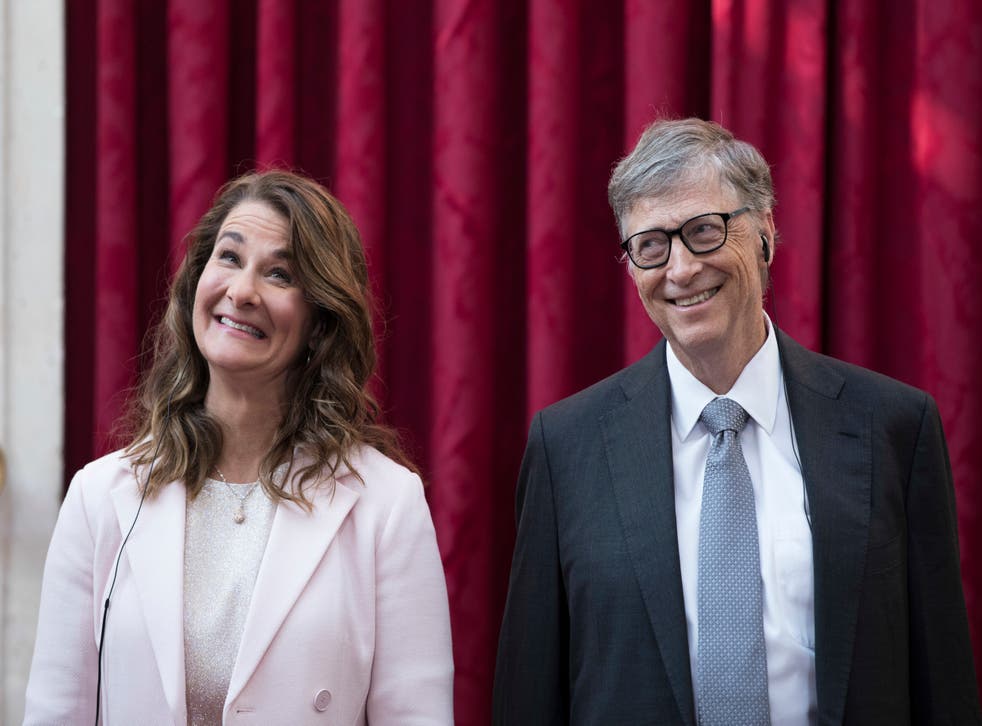WTO’s IP waiver for Covid-19 vaccines faces structural headwinds

Since the early days of the pandemic, progressive international organisations such MSF (Doctors Without Borders) and the Third World Network (TWN), have strongly supported the TRIPS (The Agreement on Trade-related Aspects of Intellectual Property Rights) waiver proposal on grounds that it would accelerate efforts by developing countries to collectively fight the Covid-19 through creating requisite capacities for manufacturing the vital personal protective equipments including face masks, therapeutics, and vaccine
They argue correctly that the most practical way to ensure the availability of enough vaccines to meet the demand is through scaling up production. The IP protection acts as a legal barrier to technology transfer and thus prevents the dissemination of technology. Public funding is leading the Covid-19 vaccine research and development, and therefore there is no justification for IP.
In the week that President Joe Biden made the announcement and the G7 Summit commitment, World Bank president David Malpass immediately poured cold water on it, saying the World Bank would not support the IP waiver as it would crowd out innovation and research and development investment of the pharmaceutical sector.
However, what big pharmaceuticals won’t tell the public is that none of the countries supporting the IP system spoke about the tens of billions of dollars of public funds provided to pharmaceutical companies Astra, Sanofi, Moderna, J&J, that continue to sell medicines and vaccines at prices which are beyond the reach of people in developing countries.
By contrast, emerging powers such as China and Russia have made available Covid vaccines to developing nations within a public good framework.
The high point of developing world solidarity was the G77 group during the World Trade Organization Doha Development phase in the early 2000s. Most of the leading developing world nations, including China, India, Brazil, South Africa and Mexico, cohered around a moral and developmental agenda, especially agriculture, TRIPS and trade barrier matters.
Sadly, the G77 has divided and nations such as Chile and Ecuador are being incorporated into powerful northern blocs and trapped into corporatist bilateral investment treaties
Ironically, Brazil, which started the global movement against patents in the late 1990s under the leadership of former Brazilian foreign minister Celso Amorim, is today the new member of an initiative (Quire) for supporting the structure of the international patent system.
Another powerful and influential actor in global public health is the Gates Foundation. While couched in the narrative of “charity and philanthropy”, the Gates Foundation approach in capturing global public health discourse is a cause for concern.
In a critical review of the foundation, public health journalists Malpani, Baker and Yanni (2021) observed that during the pandemic, it has spent or committed to spending hundreds of millions of dollars on the development and procurement of Covid-19 medical technologies, partnering with global health agencies and pharmaceutical corporations to accelerate the development and deployment of technologies.
They contend that this provides the foundation with counter-vailing power in “prioritising pharma monopolies of technology and intellectual property (IP) and secretive, technocratic, and top-down approaches that mostly exclude LMICS from decision making as well as avoiding public scrutiny”.
And in terms of health products, its traps most countries into a system that primarily benefits pharmaceutical corporations and high-income countries’ governments, which can subsidise these corporations with billions of dollars in upfront subsidies and paying high prices for treatments and vaccines.
The core argument of Developing South nations is an appeal for WTO members to work together to ensure that intellectual property rights such as patents, industrial designs and copyright do not hinder access to vaccines. In addition, many countries, especially developing countries, may face institutional and legal difficulties when using flexibilities available in TRIPS.
However, while South Africa and India’s stance is brave, it is essentially contradictory – as political elites and health regulators decisions’ have seen their Covid-19 vaccine roll-out dependent on global pharmaceuticals.
This contradiction seems lost on those who have gone head over heels in prioritising big pharma’s market-driven roll-out – and in the case of South Africa, with disastrous mistakes relating to Astra and J&J roll-outs.
Meanwhile, the post-Covid recovery challenges in South Africa and Africa faces further structural economic and social headwinds such as new macro-economic debt crisis in most of Africa, 4IR and the displacement of labour, resource conflicts around oil, gas and water and a myriad socio-economic crises that will require decisive leadership commitment to sustainable and alternative economic development pathways.
What is clear is that the developing world, especially South Africa’s approach – with a begging bowl mentality to the G7 and northern capitals, is unlikely to yield any substantial developmental outcomes. Again, alternative economic and political paradigms are urgently required.
* Ashraf Patel is a digital development specialist, and associated with the Institute for Global Dialogue.
** The views expressed here are not necessarily those of IOL and Independent Media.







